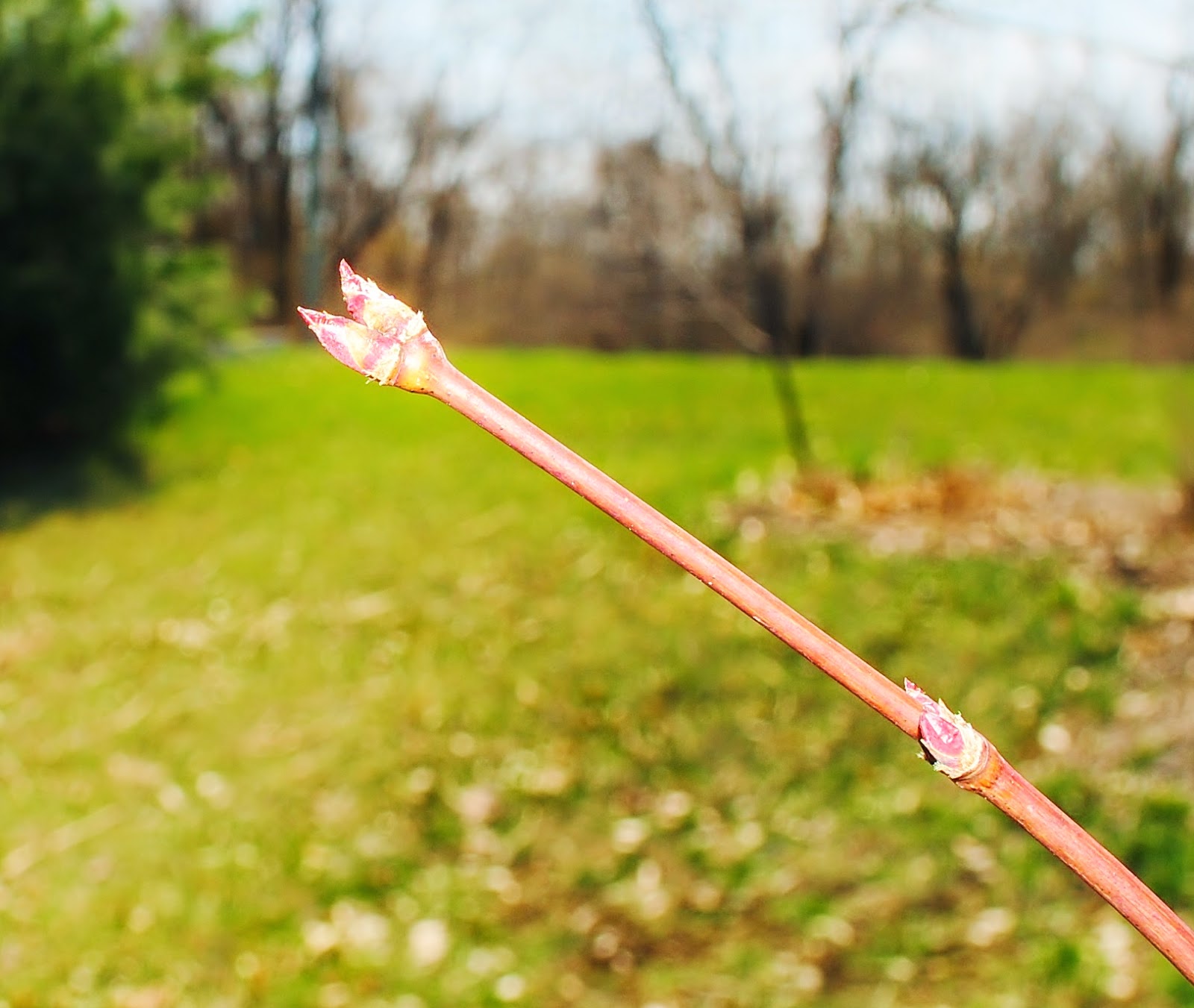 First a little poesy:
First a little poesy: Spring, my Spring, where do you hide? North Wind don't cast her aside. We ache to stroke her gentle face, to hear her color, smell her grace. Ah! There you are at last...
This is the holiest week of the year for Christians.
Palm Sunday - Jesus rides into
Jerusalem on a colt, the foal of an ass, symbolizing the return of
the conquering king, coming in humility and peace. The populous
responds with elation. They lay palm fronds and
cloaks on the ground before him to roll out the red carpet, recognizing his authority and purity.
cloaks on the ground before him to roll out the red carpet, recognizing his authority and purity.
The Last Supper - instituting the
Eucharist (communion), Jesus gets down on his knees to wash the feet
of his disciples, inverting expectations.
 The Agony in the Garden of Gethsemane -
Jesus cries tears of blood as he struggles to face the upcoming
event, then the betrayal of Jesus's close friend, Judas Iscariot
The Agony in the Garden of Gethsemane -
Jesus cries tears of blood as he struggles to face the upcoming
event, then the betrayal of Jesus's close friend, Judas Iscariot
The Trial - interrogation at the hands
of the Jewish leaders, the denial of Peter, the further interrogation
at the hands of Pilate, the crowds demanding his crucifixion, the
whipping and mockery
The crucifixion - carrying the cross,
the crucifixion itself, the mockery, the death and then the real work
began.
The burial – the retrieval and
cleansing of Christ's body, making arrangements and the burial, the
placing of the stone, the Roman Guards coming, the mourning and
despair
I've attended many Palm Sunday masses,
Feasts of the Last Supper and Good Friday masses as a Catholic and
several Tenebrae services and Good Friday services as a Protestant.
This is a deeply moving week, year after year. This is the heart of
the Christian message. This is what all the symbols, community,
rituals, prayers, scripture readings, missions work, acts of service,
boil down to.
It is that God loves us enough to send
his Son and Jesus loves us enough to suffer through this for all of
us and for each of us.
 The justification, the cleansing of the
sins of the whole world throughout all of time and human history.
Each one of our sins. But not just our sins, fixing the presence of
sin that broke the whole of creation, bridging the gap between the
generous, all giving Creator and the us humans, who are born selfish
and demanding and often only get worse as we grow stronger and learn
injustice from others.
The justification, the cleansing of the
sins of the whole world throughout all of time and human history.
Each one of our sins. But not just our sins, fixing the presence of
sin that broke the whole of creation, bridging the gap between the
generous, all giving Creator and the us humans, who are born selfish
and demanding and often only get worse as we grow stronger and learn
injustice from others.
I won't go into all the negatives of a
whole history of sins in the whole world, even listing the major ones
is beyond me, but Jesus went into it, and wiped it out. He cleaned it
and us all up. (And I thought cleaning up stinky diapers was hard!)
That's a lot of love!
I hope you all find this final week of
Lent, this home stretch and build up to Easter and the Resurrection
deeply moving for you.
(Out of reverence for Holy Week, I
selected a Mythological Humanoid to dovetail with Palm Sunday.)

Mythological Humanoid #12 - Centaur
A Greek humanoid, with the body of
horse attached at the the neck to the body of a human starting at the
hips.
I'm not sure the ancient Greeks thought through this myth very well. Anatomically this would produce two hearts and two sets of lungs and an enormously long digestive tract. Many biologists, artists and special effects designers have looked at this creature and scratched their heads.
Wikipedia calls them liminal beings, caught between the
two natures, embodied in contrasted myths, both as the embodiment of
untamed nature, as in their battle with the Lapiths (their kin), or
conversely as teachers, like Chiron.
Since we know from first hand accounts that the Mayans thought the the Spanish Conquistadors where bonded to their horses as one being, it is a safe guess that the belief in centaurs may have been influenced by early Greeks encountering horse riding people, maybe the Scythians, in early time. That would make this myth ancient even for the ancient Greeks, but I figure myths are started early and some how get lodged in our psyche and become enduring ideas. In fact, Ancient Greece has been gone for more than 2000 years and we are still talking about centaurs.
The effects of myths, the imagination and stories on our memories and reality can not be overestimated. Some people say that the power of stories is more important than the power of reality, in a “make your own reality” sort of way. I'm not sure how I feel about that as a lover of science, but psychology does currently believe that we have both a rational half of our mind and an irrational half. Perhaps reality only works for the rational half and story is what is needed for the irrational half.
Maybe we humans, too, are liminal beings, caught betwixt and between our ideals and our reality. What do you think about us humans being caught between our selfishness and love, or between rational reality and imaginative, irrational stories?
No comments:
Post a Comment